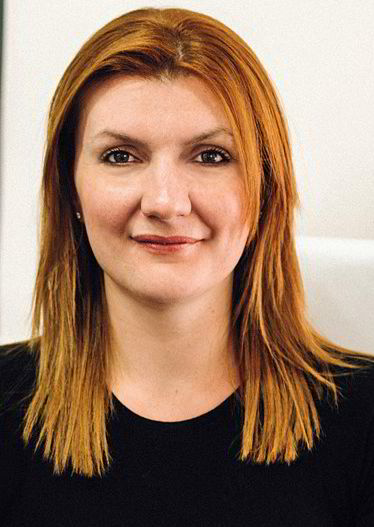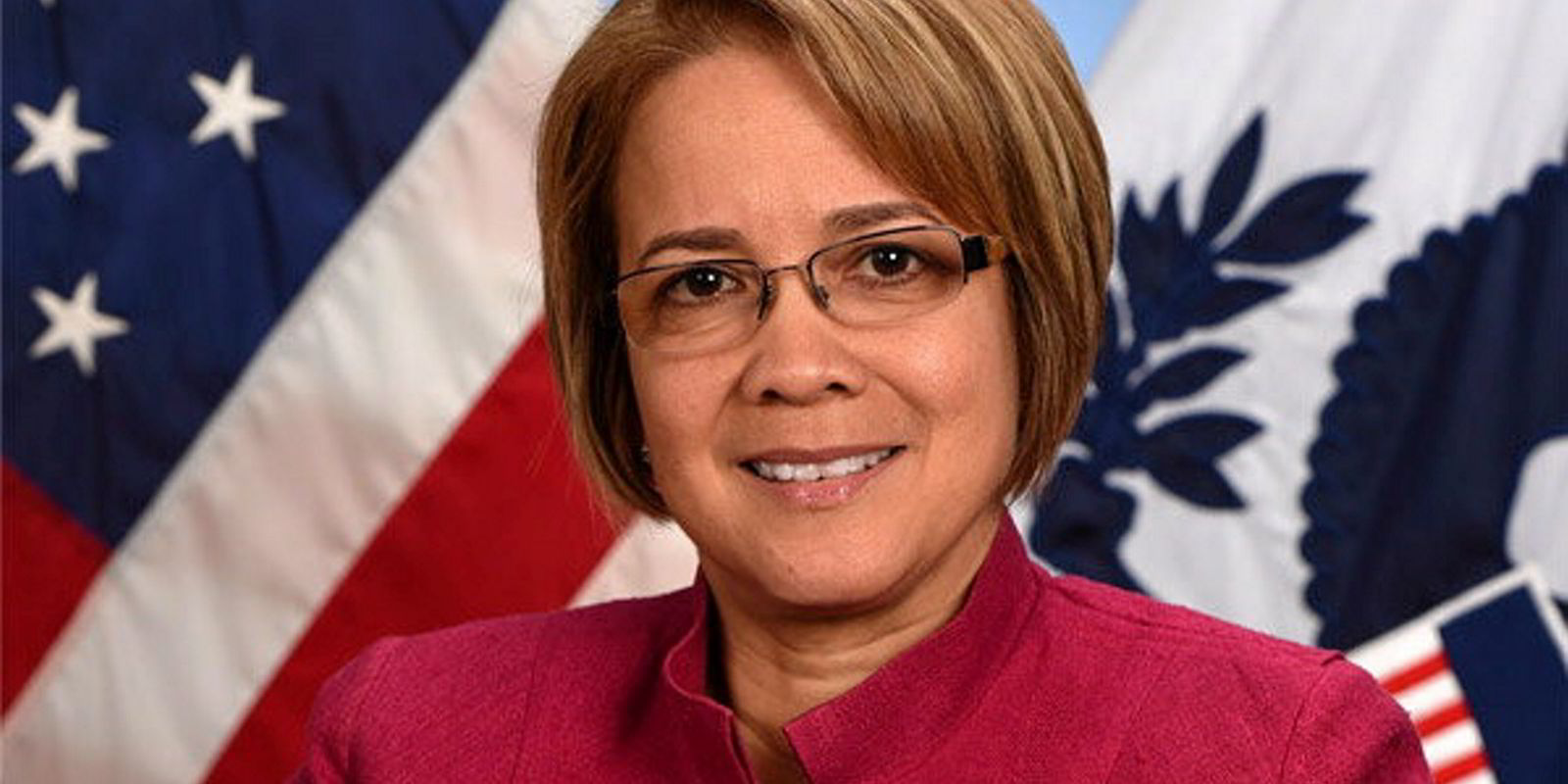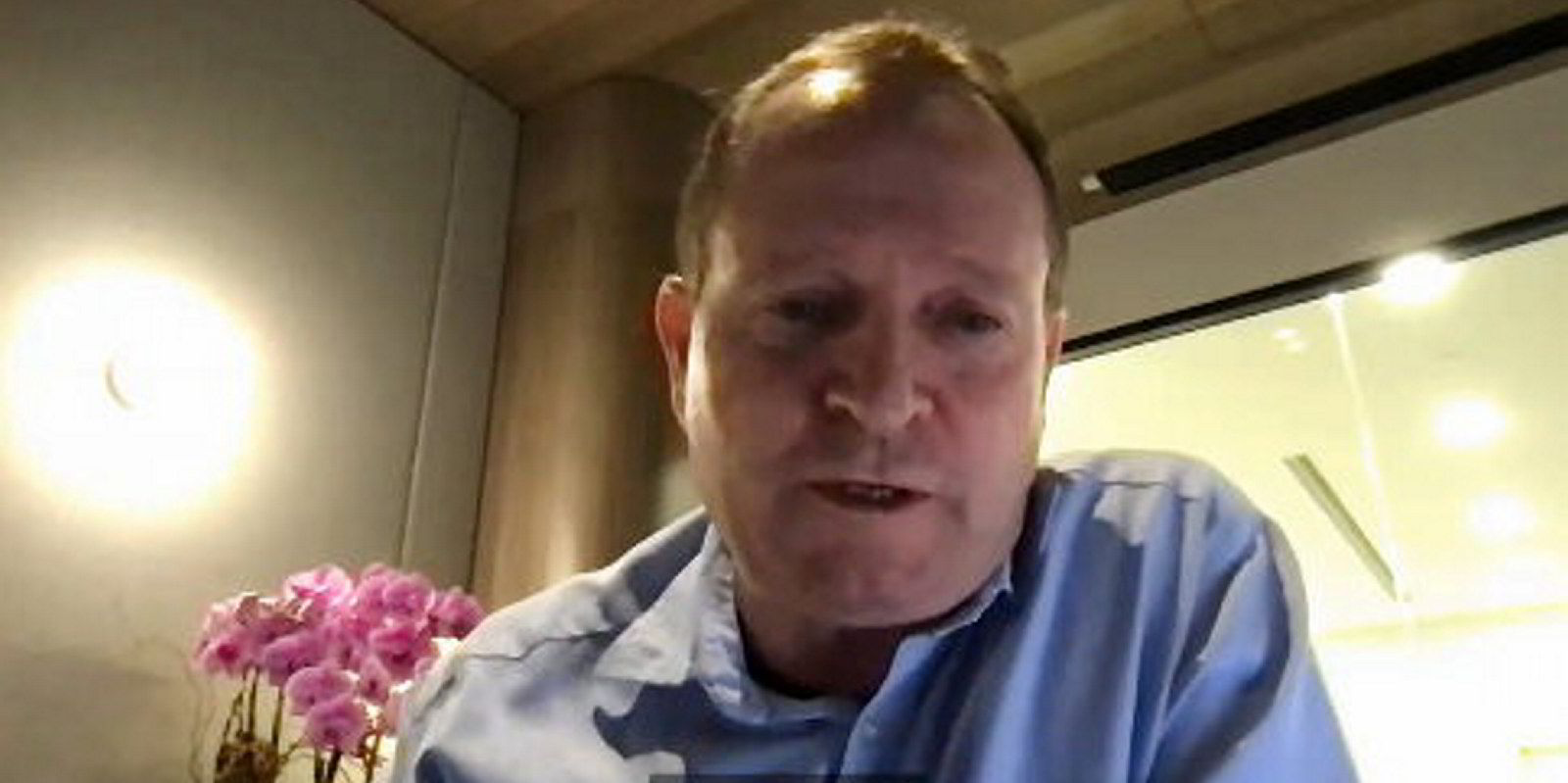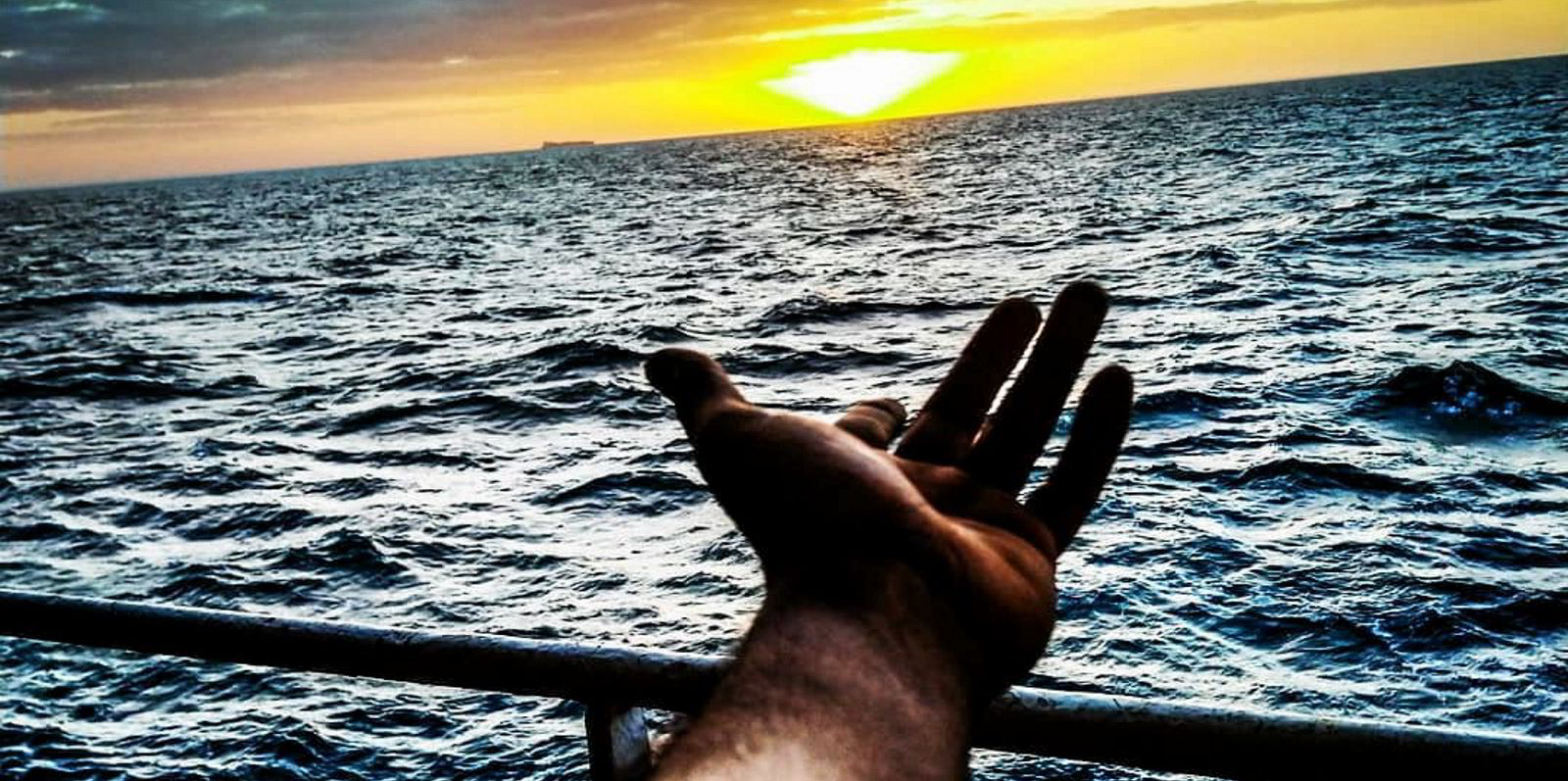Seafarer training for future roles on digital and decarbonised ships needs fundamental change, a US official says.
Not doing so could put the International Convention on Standards of Training, Certification and Watchkeeping (SCTW) at risk of becoming obsolete, according to Mayte Medina, chief of the US Coast Guard’s Office of Merchant Mariner Credentialing.
“The International Maritime Organization is losing the battle of trying to keep up with technology when it comes to training,” she said.
The evidence is already visible, with the IMO being two years behind the curve on the issue of electronic chart display and information systems (Ecdis), Medina said in a webinar organised by the International Chamber of Shipping on future seafarers.
“The elephant in the room is the SCTW convention. It is not obsolete. However, it is in need of taking care of, removing obsolete requirements and making changes to address new technologies coming right now and also in the future,” she said.
“We need to change the model in the future to go with very general requirements that all seafarers would have and then specialised training requirements for specific industry sectors.”
Functionality needs to be addressed for automation, with more multipurpose skilled seafarers given the ability to adapt to changing vessel systems, Medina urged. Flexibility would include taking a more consistent approach to onboard equipment familiarisation by shipowners and operators.
The removal or amendment of obsolete elements included separate training for radar, Ecdis and automated radar plotting aid, which could be done in a single linked module, she said.
“We need to make our seafarers more technically savvy,” she added.

Agreeing the industry is on the brink of a technical revolution was Despina Panayiotou Theodosiou, chief executive of Tototheo Maritime and president of the Women’s International Shipping & Trading Association.
“The seafarer of the future will look like all of us. We should remember they are people like you and me,” Theodosiou said.
“There is also still too much of a tendency to treat seafarers from developing countries as third-rate citizens. These are people who will be responsible for regulatory compliance and efficiency about ever-more expensive assets.”
She believes that companies with the courage to lead on issues of diversity will reap the rewards.
Shipping has already experienced a shortage of people coming into it because it does not provide the kind of career paths they are looking for.
“The way we have now, as a society, treated our seafarers this last year has potentially widened that gap,” Theodosiou said.
She accused the industry of failing to support seafarers and provide them with respect and responsibility.
International Transport Workers’ Federation general secretary Stephen Cotton agreed that the inability to get governments to act on measures to make seafarers key workers has led to frustration and puzzlement.
The union is ready to engage in what the future looks like for seafarers in partnership with shipowners.
However, he said: “Governments give us the platitudes, but are they going to give us the money to build a sustainable shipping industry that supports the global supply chain and their economies?”





